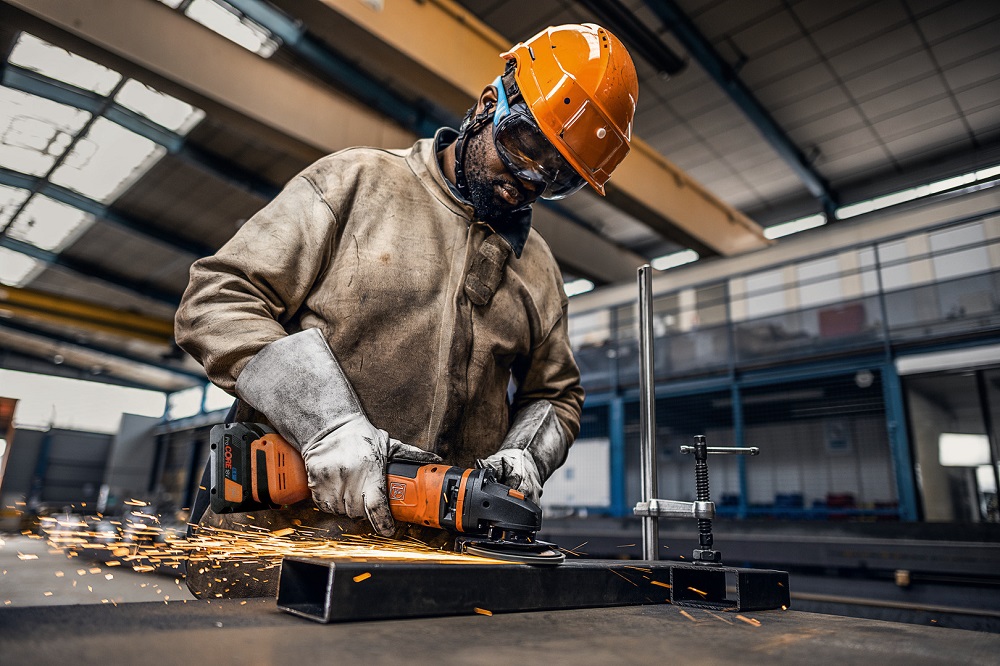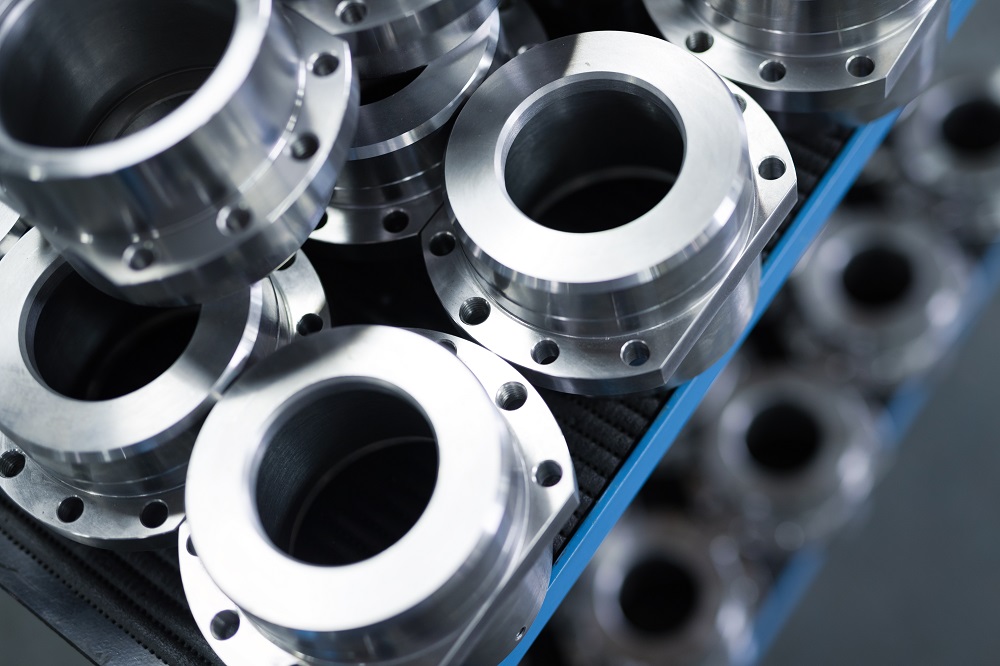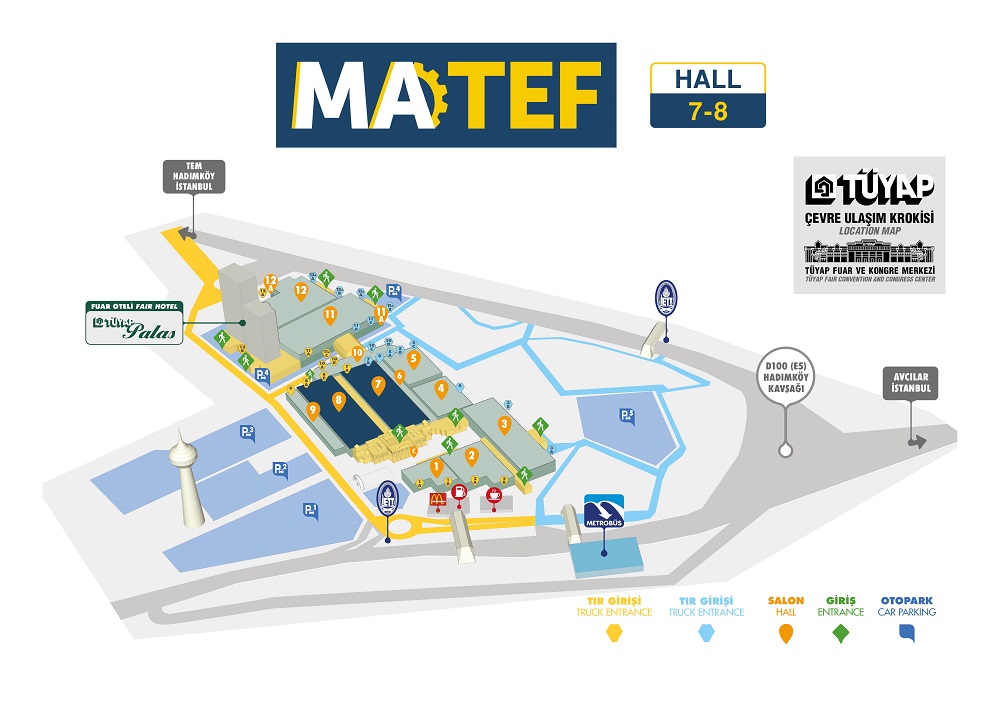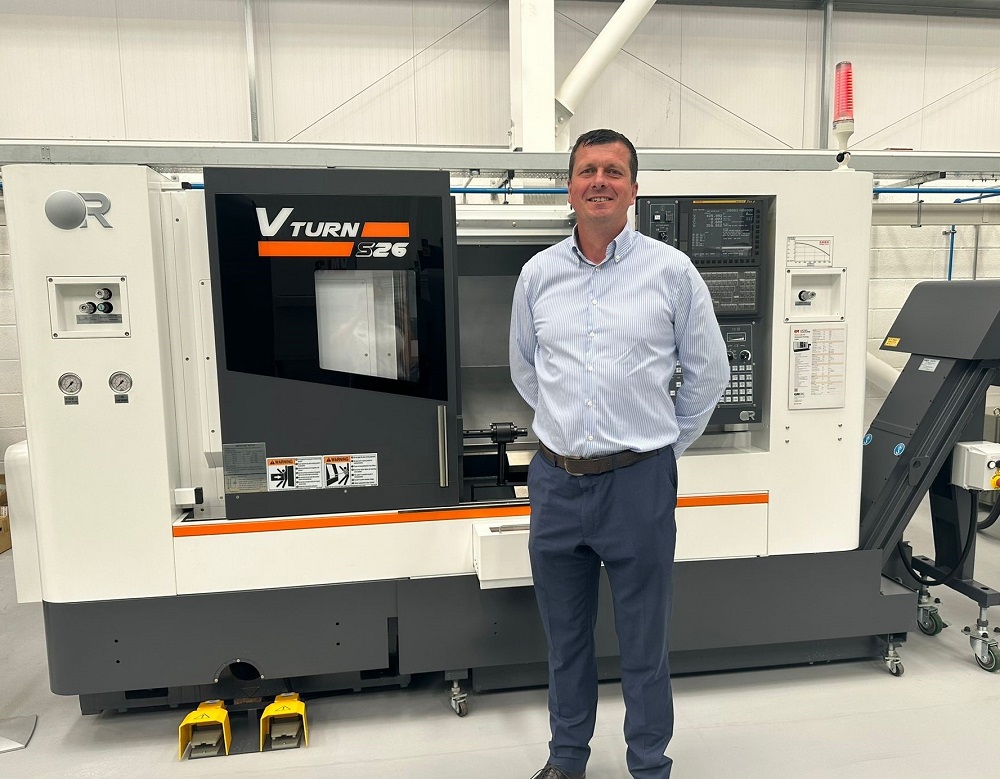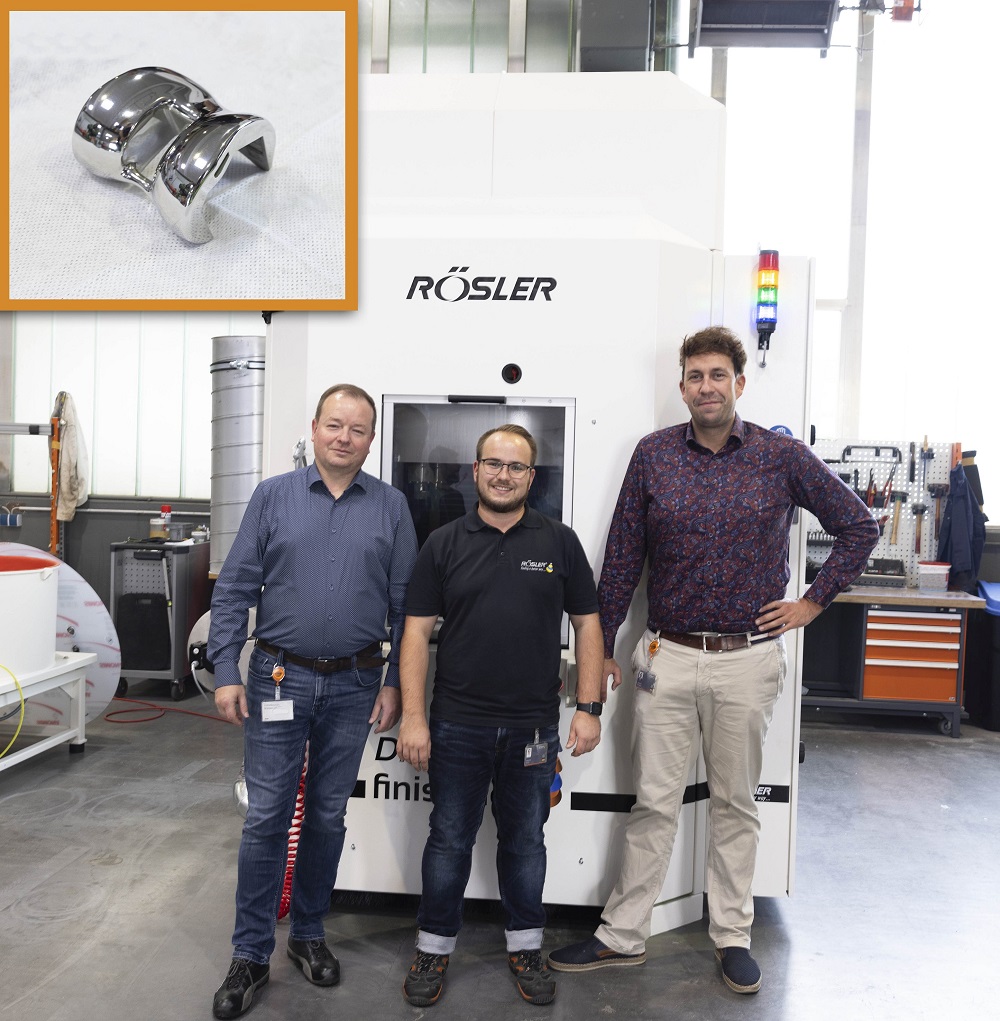Fein is now offering a new grinding product range, revealing new safety and performance features to meet the latest user needs. Following the launch, power tool operators working across disciplines will be able to choose from the extended range of over 40 grinding tools, with corded and cordless options available. The range arrives as a result of first-hand industry feedback, to provide a product suitable for every application, including angle grinding, die grinding and stainless-steel processing, for example.
The portfolio includes the launch of the CG 15 compact angle grinder, the first of its class to feature a fully encapsulated, brushless Fein PowerDrive motor. The tool’s 1500 W motor and notable power-to-weight ratio allow user to operate with efficiency and endurance, reports Fein. Furthermore, the angle grinder requires fewer wearing parts, has longer service intervals and incurs lower maintenance costs throughout its life.
Fein’s new CG 15 grinder also offers users extensive protection through a variety of safety features driven by user feedback, including restart protection, kick-back check, jam monitoring and an efficient brake which brings the tool to a stop in less than 2 seconds.
Another tool in the range is the Protago high-safety angle grinder, created in collaboration to set new safety standards in the industry. Bouygues, the construction giant, had previously banned the use of compact angle grinders following a serious accident. However, together with Fein, the teams developed the Protago with safety features that almost fully eliminate the serious risks associated with improper operation.
The Protago, in addition to nine other tools in this launch, is now available on the 18 V AMPShare battery platform, powered by Bosch.
For further information www.fein.com/en_uk






